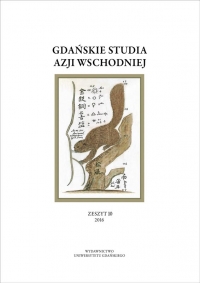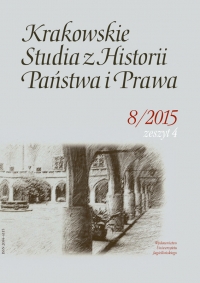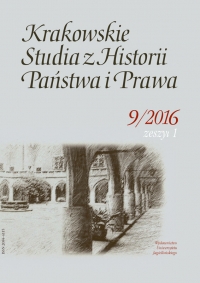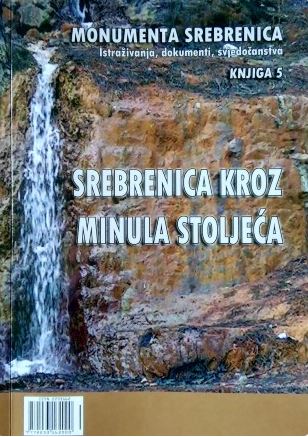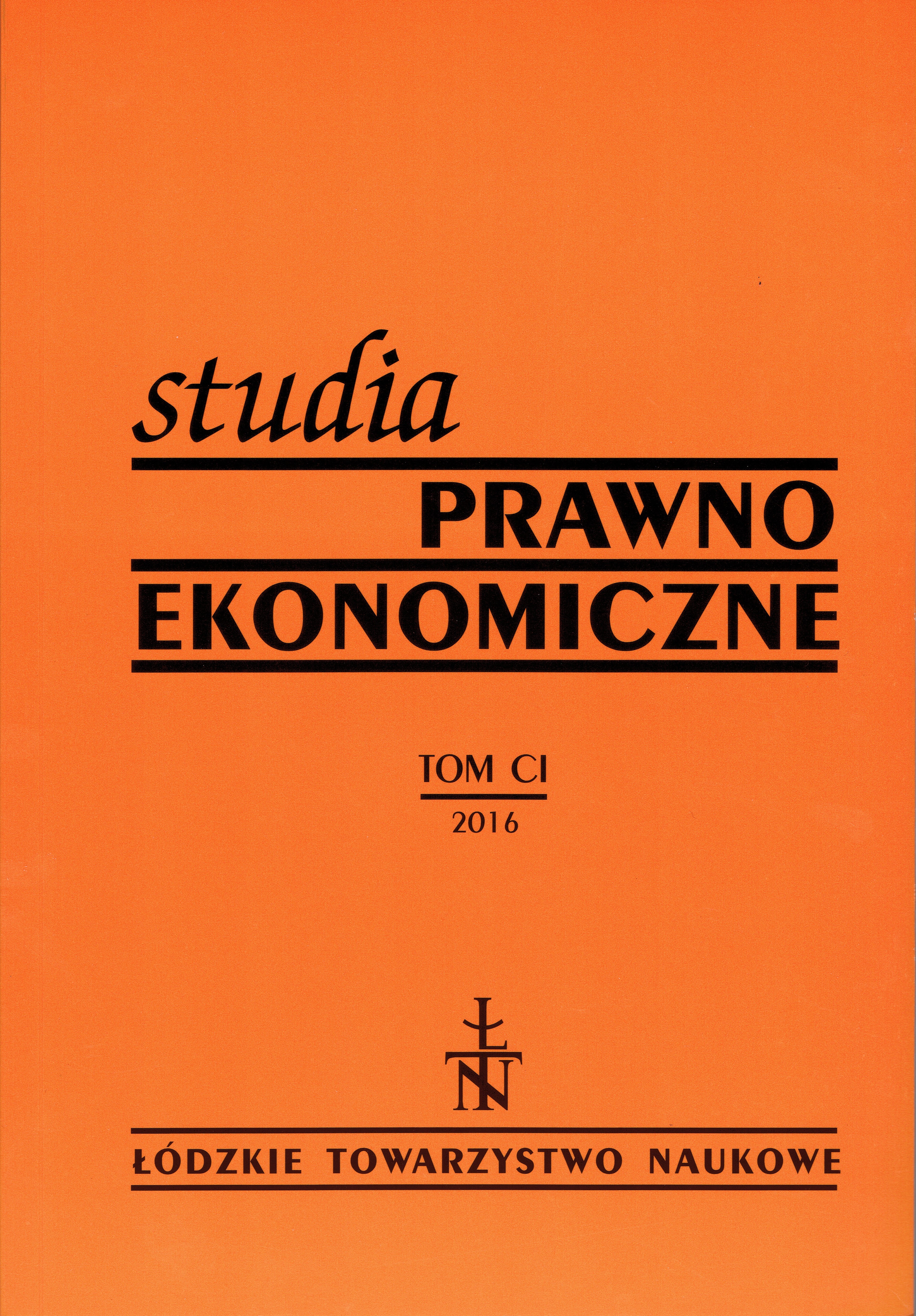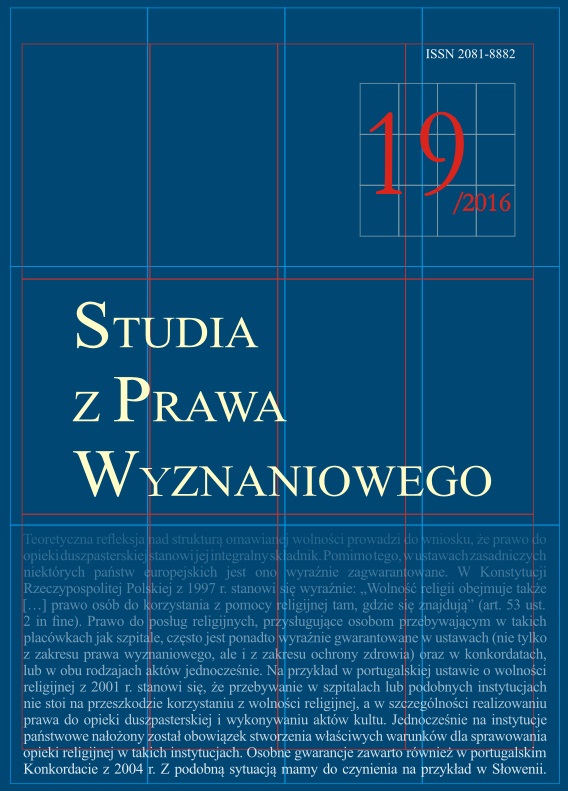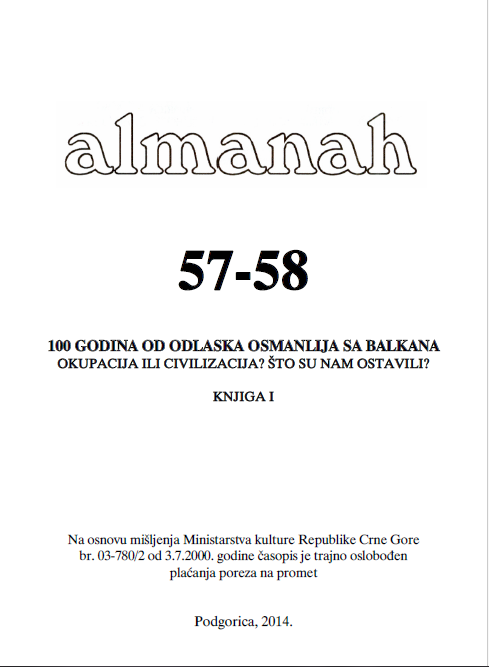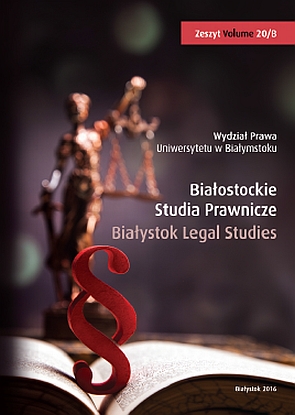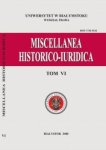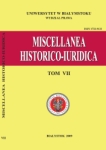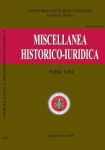Jus Sanguinis – The Basic Principle in Citizenship Law, Comparative Analysis of First Citizenship Law between Visegrad Four and China
Citizenship defines the relationship between the individuals and the government in the modern society. The citizenship law had a long history in the world, in central Europe, Hungary published its first citizenship law in 1879. After the independent, Czechoslovakia and Poland had their own citizenship in 1920s. In China, Qing Dynasty also had its own nationality law in 1909. Although, these citizenship laws or nationality laws have some differences because of the different conditions in these countries, i.e. culture, economic condition. However, there are still have lots of similarity in these laws, the first and the most important principle similarity is jus sanguinis. Therefore, in this article the author will examine the first citizenship law in Hungary Kingdom, Czechoslovakia and Poland, the first nationality law in Qing Dynasty as well, and make comparison between these citizenship(nationality) law
More...
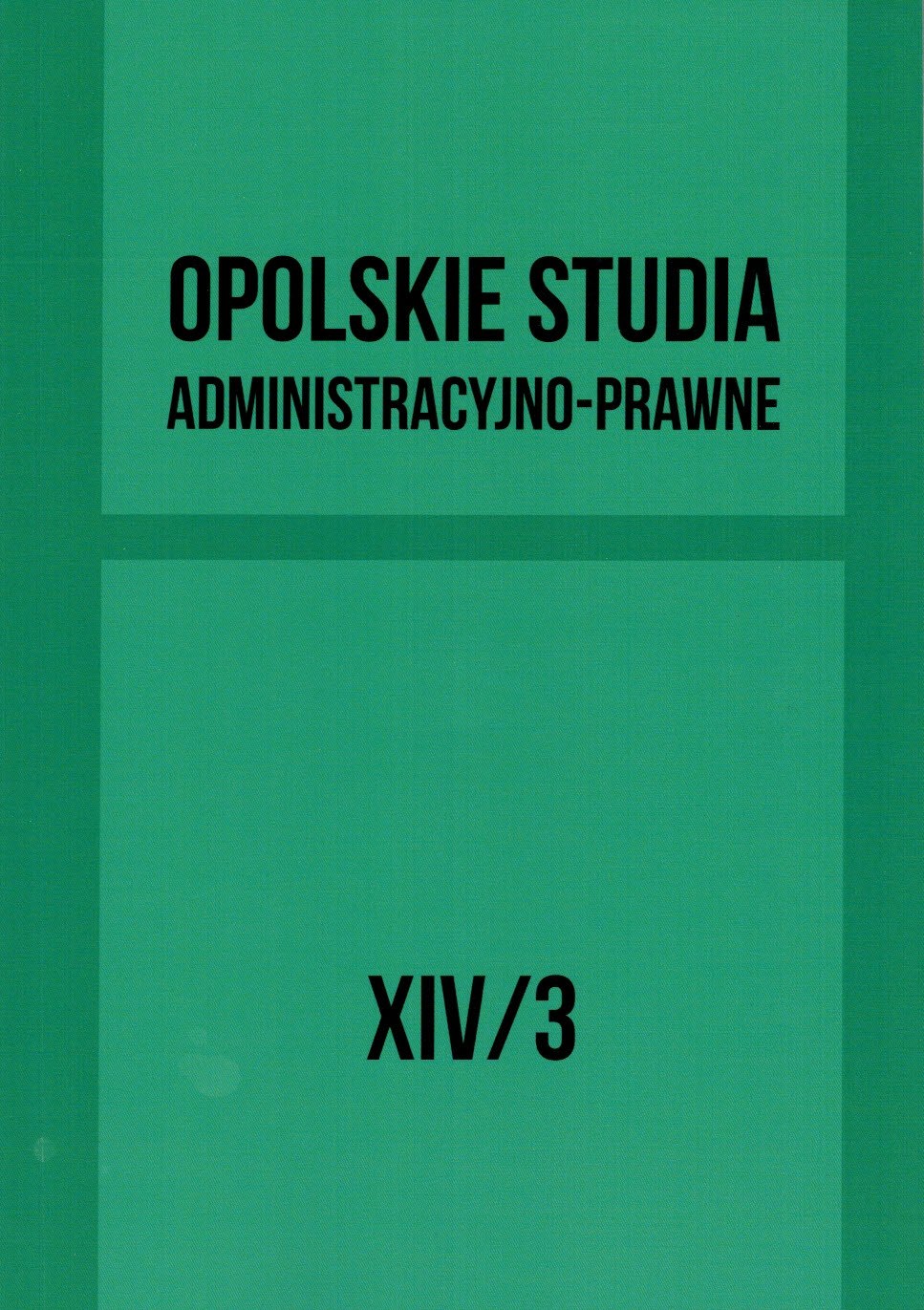
![„Nauka prawa […] stała się nieuchronnie potrzebną nie tylko przez swą użyteczność, lecz obowiązki, jakie nas łączą w obywatelskim stanie”1. O tradycji i nowoczesności
w nauczaniu prawa w Księstwie Warszawskim i Królestwie Polskim (1807–1830)](/api/image/getissuecoverimage?id=picture_2015_28930.jpg)
